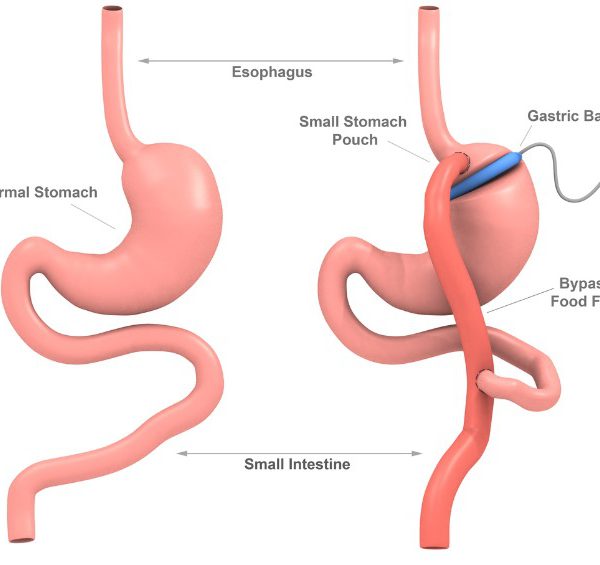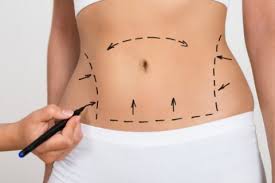Weight Loss Surgery in Iran
How Bariatric Surgery or Weight Loss Surgery in Iran Can Help You Lose Weight
Bariatric surgery, or weight loss surgery in Iran, has developed significantly in the last decade as Iran has established an unrivaled reputation as a destination for bariatric surgery thanks to its experienced surgeons, affordable prices, and the developed infrastructure of the Iranian healthcare system.
Bariatric procedures in their essence are surgical procedures that aim to reduce the number of calories and nutrients entering the body in one way or another. Bariatric surgery (weight loss surgery) is considered an appropriate option for weight loss in people who are obese, and at the same time have failed traditional or non-surgical methods of weight loss such as diet and exercise.
There are 6 types of weight loss surgery (also called “bariatric surgery”) available. Each type has advantages and disadvantages.
Here is a very brief description of how each procedure will help you lose weight:
-
Gastric Sleeve – you will feel less hungry generally & full sooner while eating
-
Gastric Bypass – you will feel full sooner while eating & absorb fewer minerals
-
Duodenal Switch – you feel less hungry generally & full sooner while eating, absorb fewer calories and minerals
-
LAP-BAND – you will feel full sooner while eating
-
Gastric Balloon – you will temporarily feel full sooner while eating (balloon removed after 6 months) (though it is not regarded as an actual surgical operation)
-
Aspire Assist – drain a portion of stomach contents after eating and absorb fewer calories
What Makes a Good Candidate for Weight Loss Surgery in Iran?
Doctors and dietitian experts use Body Mass Index (BMI), as a measurement, to determine a person’s normal weight concerning their height.
The BMI is basically used as a screening and diagnostic tool to show whether a person is overweight or underweight. It is used to determine a person’s level of corpulence or leanness and to evaluate tissue mass, based on height and weight. At the same time, bariatric surgeons use BMI to determine a person’s eligibility for weight loss surgery along with other factors.
BMI Calculator
Weight loss surgery must be considered as a last resort after the failure of all nonsurgical methods, such as gastric Botox, to manage weight. But in general, people who fit the criteria below qualify for weight loss surgery:
-
Patients with a body mass index (BMI) higher than 40 kg/m2 who failed nonsurgical treatment
-
BMI ≥ 35 kg/m2 and at least one or more obesity-related health conditions, such as diabetes, hypertension, sleep apnea, or fatty liver.
-
BMI ≥ 30 kg/m2, in some cases and according to the dietitian and doctor’s judgments






